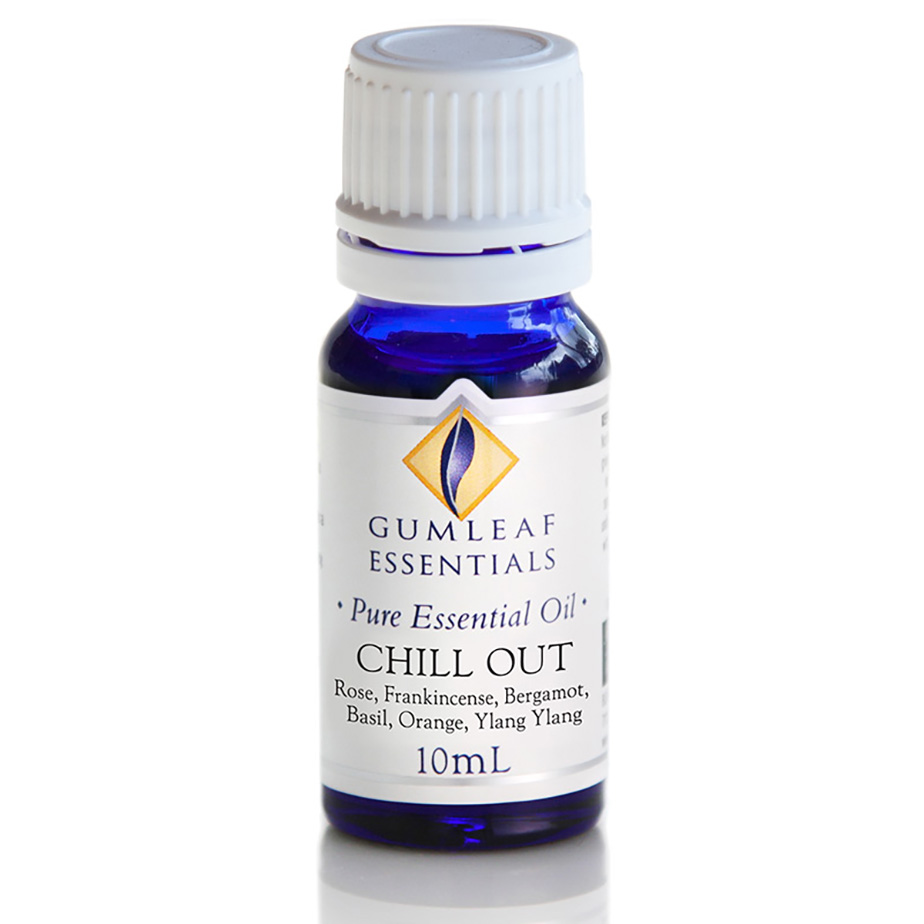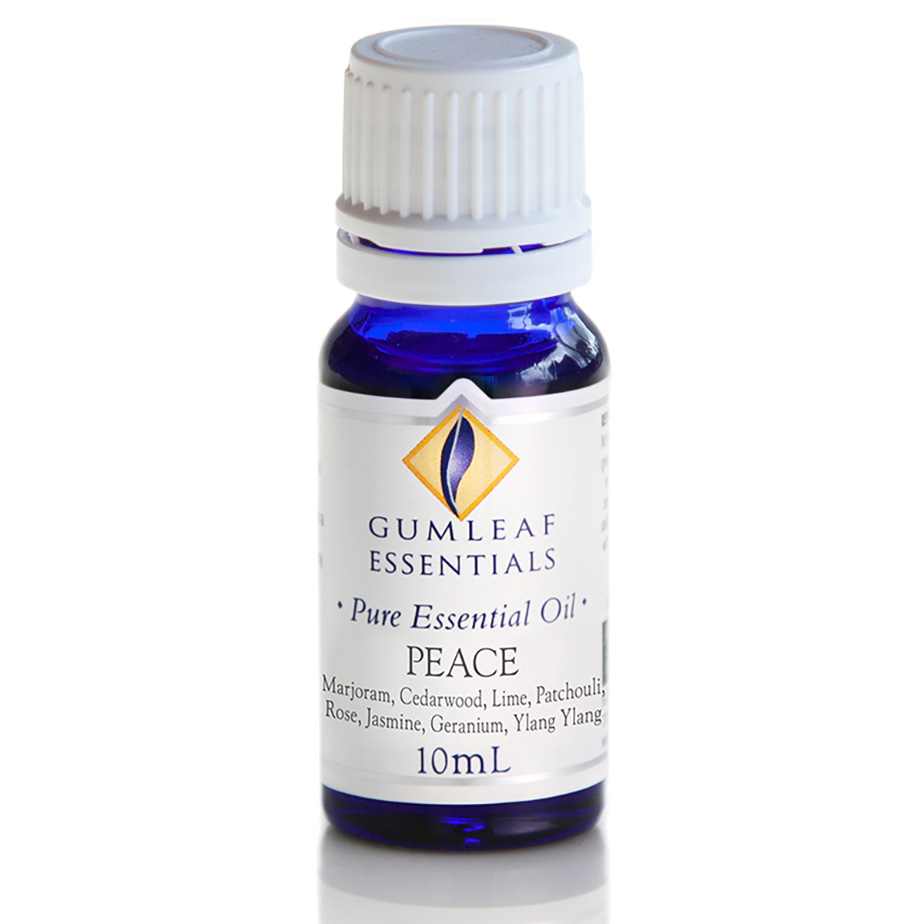
Over the years, essential oils have shown promising benefits as a natural remedy for various ailments. One such area where essential oils have gained significant popularity is in fighting fatigue and mental exhaustion. It is believed that the potent aromatic compounds in essential oils have unique properties that can positively affect our minds and well-being.
In this article, we will explore what essential oils are, how they are made, and how essential oils for fatigue and mental exhaustion can help.
What exactly are essential oils?
Although we all have an image of essential oils when we talk about them, what are essential oils?
Well, essential oils are aromatic concentrates extracted from different parts of plants such as flowers, leaves, bark, roots, peels, and seeds. The oils extracted contain the plant’s distinctive aromatic properties and contain a wide range of active and volatile compounds, including terpenes and phenolics. Each essential oil has its own unique set of compounds that give it different therapeutic properties.
How are essential oils extracted?
There are several methods of extracting essential oils, each involving techniques specifically designed to preserve the compounds within the plant material and their therapeutic potential.
Here are some ways that essential oils are extracted:
Steam Distillation
Steam distillation is a traditional method of essential oil extraction and is most often the method of choice. The method involves a distillation chamber in which plant material is placed, and steam is passed through, causing the release of essential oil molecules from the plant material. The steam and essential oil vapour rise through a cooling system where it then condenses back to a liquid. This condensation is then separated into essential oil and a hydrosol of the plant material chosen.
Cold pressing
This method is often used for citrus-scented essential oils. The process involves taking the peel of a citrus fruit and piercing it before pressing it with a pressurised machine to release the essential oil, juice, and other components. This collected combination of all three is then further separated to retrieve just the essential oil. The concentrates extracted are often used in other organic products.
Solvent extraction
Some delicate flowers require a more meticulous process to extract their essential oils; this is usually the case with jasmine or rose essential oils. Solvent extraction involves immersing the plant material in a solvent that dissolves the essential oils. The solvent is then removed, leaving the essential oil full of compounds.

Essential oils for fatigue and mental exhaustion
Let us now look at how essential oils can be used for fatigue and mental exhaustion.
Traditional systems of medicine, such as Ayurvedic and Traditional Chinese Medicine, have a long history of using therapeutic essential oils. It is believed that inhalation and topical application of these essential oils allows the compounds they contain to interact with the body.
Here is a closer look at how this works:
Stress reduction
It is well known that one of the main causes of fatigue is chronic stress. Certain essential oils such as sweet basil, bergamot, frankincense, or in combination as in the Chill Out essential oil blend from Buckley and Phillips Aromatics contain compounds such as linalool and alpha-pinene. These compounds have an anxiolytic effect, so when inhaled, they can reduce stress and promote relaxation, helping to combat associated fatigue and mental exhaustion.
Improve mood
Fatigue and mental exhaustion are often followed by low mood and depression. Essential oils derived from citrus plants, such as lime essential oil, may contain limonene, which has been shown to have uplifting and mood-enhancing effects. In combination with other oils with similar uplifting and calming aromatic properties, such as in the Peace Essential Oil Blend from Buckley and Phillips Aromatics, it can improve mood and reduce the fatigue and mental agitation associated with emotional distress when inhaled.
Stimulation and energy boost
Some essential oils have more energetic aroma properties that can increase energy when inhaled. Essential oils such as peppermint and eucalyptus with menthol compounds have these stimulating properties. Inhaling them can improve alertness and boost energy.
How essential oils interact with the brain
Now that we understand how essential oils and aromatherapy can improve fatigue and mental exhaustion let’s take a closer look at how it works.
When we inhale the scents of essential oils, we inhale the aromatic molecules that can stimulate our olfactory receptors in our nasal cavity. These receptors send signals to our limbic system, the part of the brain involved in processing emotions, memories, and motivations. Therefore, the unique compounds of each aromatic molecule of different essential oils can improve our fatigue and mental fatigue by activating these areas.
Essential oils can also affect the release and activity of neurotransmitters in the brain. Neurotransmitters are chemical messengers in our brain that play a crucial role in transmitting signals between nerve cells in the brain throughout the nervous system. They help regulate a wide range of physiological and cognitive processes. For example, essential oils such as lavender, which have been shown to increase serotonin levels, promote the release of the neurotransmitter associated with feelings of well-being and relaxation. This in turn reduces mental fatigue and exhaustion.
In summary, essential oils can improve mental exhaustion and fatigue through the unique compounds they contain. These compounds, when inhaled or applied topically, promote feelings of relaxation, reduce stress and improve mood, which in turn reduces fatigue and mental exhaustion.